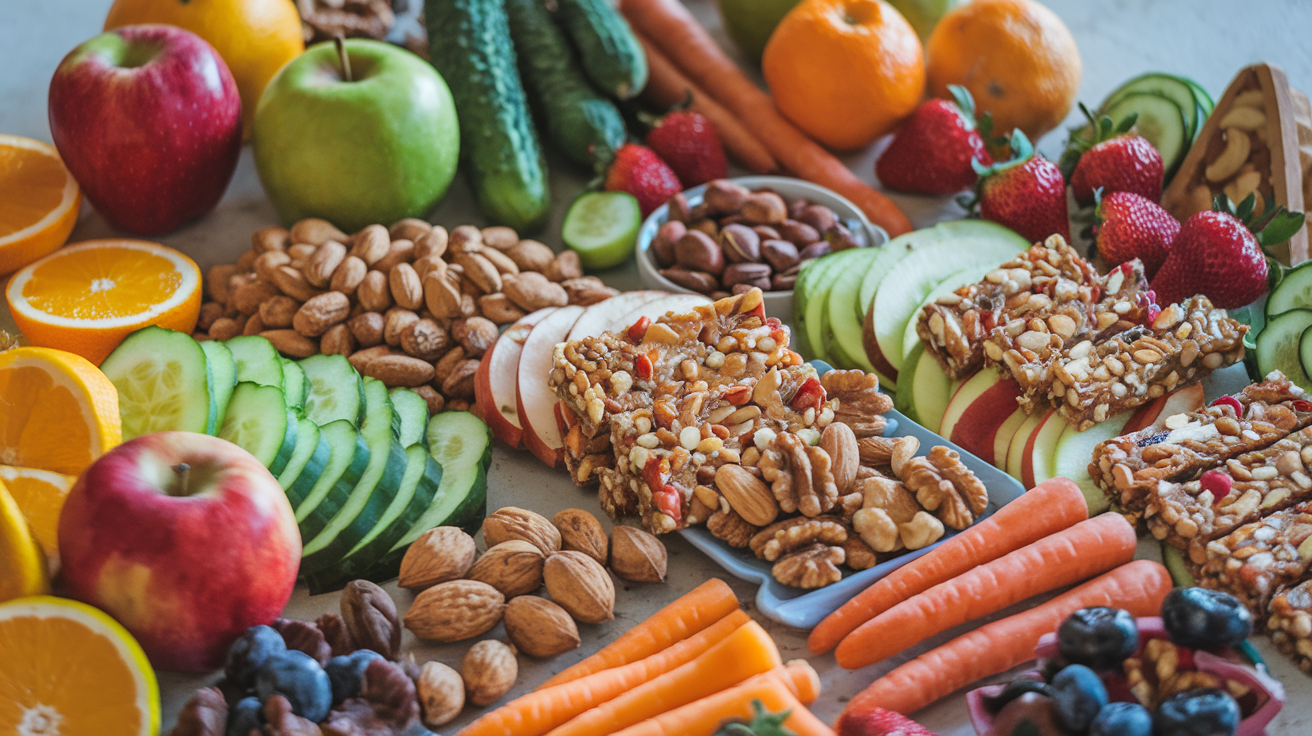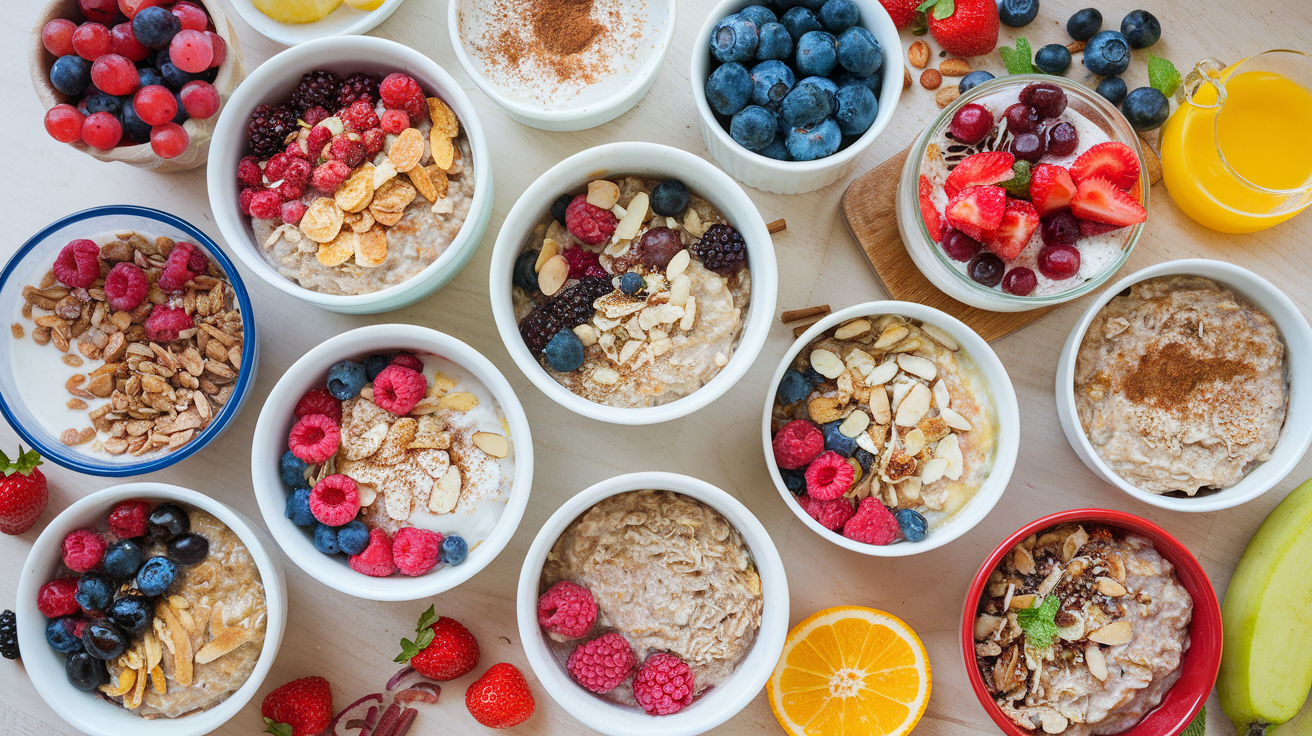Embarking on a weight loss journey can be both challenging and rewarding. However, many individuals encounter a frustrating roadblock known as an Overcoming Plateau in Weight Loss. These plateaus are periods during which weight loss stalls despite consistent efforts. If you find yourself facing this obstacle, fear not! In this comprehensive guide, we will explore effective strategies to overcome weight loss plateaus and propel yourself towards your health and wellness goals.
Table of Contents
ToggleUnderstanding Weight Loss Plateaus
Weight loss plateaus are a common occurrence during the journey of vvercoming plateau in weight loss. They can happen for various reasons, including metabolic adaptations, changes in body composition, and even psychological factors. It’s important to note that plateaus, depending on their duration, can be a normal part of the weight loss process. Short-term plateaus lasting a few weeks are often expected and can be overcome with the right strategies and mindset.
The Power of Nutrition
When it comes to overcoming weight loss plateaus, nutrition is the key area to focus on. Reassessing your dietary habits and making adjustments can be crucial to breaking through the plateau. Here are some strategies to consider:
Tracking Food Intake
Start by tracking your food intake diligently and ensure that you’re in a caloric deficit. Pay attention to portion sizes and be mindful of hidden calories in sauces, dressings, and snacks. Tracking your food can help you identify areas where you may be consuming excess calories unknowingly.
Increasing Nutrient-Dense Foods
Increasing your intake of nutrient-dense foods, such as lean proteins, whole grains, fruits, and vegetables, can support weight loss and provide essential nutrients. These foods are typically lower in calories and higher in fiber, which can help you feel fuller for longer periods and reduce cravings.
Meal Prepping and Planning
Consider incorporating meal prepping and planning into your routine to stay consistent with healthy eating habits. By preparing meals in advance, you can ensure that you have nutritious options readily available, making it easier to resist unhealthy temptations when hunger strikes.
Hydration and Liquid Calories
Proper hydration is essential for overall health and can support weight loss efforts. Consider the following tips to optimize your hydration and reduce liquid calorie intake:
Drinking Water Before Meals
Drinking water before meals can help reduce calorie intake by promoting feelings of fullness. Aim to drink a glass of water before each meal to help control portion sizes and prevent overeating.
Replacing Sugary Beverages
Swap sugary beverages, such as sodas, energy drinks, and excessive fruit juices, with water, herbal tea, or sparkling water with a splash of citrus. These alternatives not only hydrate you but also eliminate unnecessary calories that hinder weight loss progress.
Monitoring Fluid Intake
Pay attention to your fluid intake and aim for at least 8 cups (64 ounces) of water per day. Staying properly hydrated throughout the day can support your overall well-being and weight loss efforts.
Addressing Stress and Managing Emotions
Stress and emotional factors can significantly impact weight loss progress. Consider the following strategies to manage stress effectively:
Engaging in Stress Management Techniques
Incorporate stress management techniques into your daily routine. Activities such as meditation, deep breathing exercises, journaling, or engaging in hobbies that bring you joy and relaxation can help regulate cortisol levels, promote overall well-being, and aid in weight loss efforts.
Coping with Emotions
Finding healthy ways to cope with emotions can prevent emotional eating and support overall mental and emotional well-being. Explore activities like talking to a friend, practicing mindfulness, or seeking support from a therapist or counselor to address underlying emotional factors that may contribute to weight loss plateaus.
Prioritizing Sleep
Adequate sleep is often overlooked but plays a crucial role in weight loss and overall well-being. Follow these tips to improve your sleep quality:
Establish a Consistent Sleep Schedule
Set a consistent sleep schedule by going to bed and waking up at the same time each day. This helps regulate your body’s internal clock and improves the quality of your sleep.
Create a Calming Bedtime Routine
Develop a calming bedtime routine to signal your body that it’s time to wind down. This may include activities such as reading a book, taking a warm bath, or practicing relaxation techniques like gentle stretching or meditation.
Optimize Your Sleep Environment
Ensure that your sleep environment is comfortable and conducive to restful sleep. Make sure your bedroom is dark, quiet, and at a cool temperature. Investing in a supportive mattress and pillows can also contribute to a more restorative sleep experience.
Exercise and Physical Activity
While nutrition is paramount, incorporating regular exercise and physical activity is crucial for breaking through weight loss plateaus. Consider the following tips:
Incorporating Variety
If you’ve been following the same exercise routine, your body may have adapted to it, resulting in diminished results. Shake things up by incorporating different types of exercises, such as high-intensity interval training (HIIT), strength training, or trying out new workout classes. This variety challenges your body and prevents boredom.
Increasing Overall Daily Activity
Increasing your overall daily activity level can contribute to calorie burning and overall weight loss progress. Take opportunities to move more throughout the day, such as walking or taking the stairs instead of using elevators. Small changes can add up and make a significant difference in your weight loss journey.
Patience and Consistency
It’s important to remember that overcoming weight loss plateaus requires patience and consistency. Sustainable weight loss is a gradual process, and your body may need time to adjust to the changes you’re implementing. Focus on long-term health and wellness goals rather than solely fixating on the number on the scale. Celebrate non-scale victories, such as increased energy levels, improved fitness performance, or better sleep quality. By staying consistent and committed to a healthy lifestyle, you’ll be more likely to break through plateaus and achieve lasting results.
Seeking Professional Guidance
If you’re struggling to overcome a weight loss plateau or feel overwhelmed by the process, don’t hesitate to seek professional guidance. Registered dietitians, nutritionists, and health coaches can provide personalized advice, tailored meal plans, and strategies specific to your unique needs. They can also help you navigate through challenges, identify potential dietary deficiencies, and develop a sustainable plan for long-term success. Additionally, consulting with a fitness trainer or exercise specialist can provide guidance on optimizing your workout routine and ensuring proper form and technique.
Overcoming Plateau in Weight Loss Closing
Overcoming Plateau in Weight Loss is achievable with the right strategies and mindset. Prioritize nutrition, stress management, quality sleep, regular exercise, and hydration to break through plateaus and reach your health and wellness goals. Embrace a holistic approach to weight loss, focusing on overall well-being and sustainable habits. Stay positive, patient, and trust the process for your imminent breakthrough!






